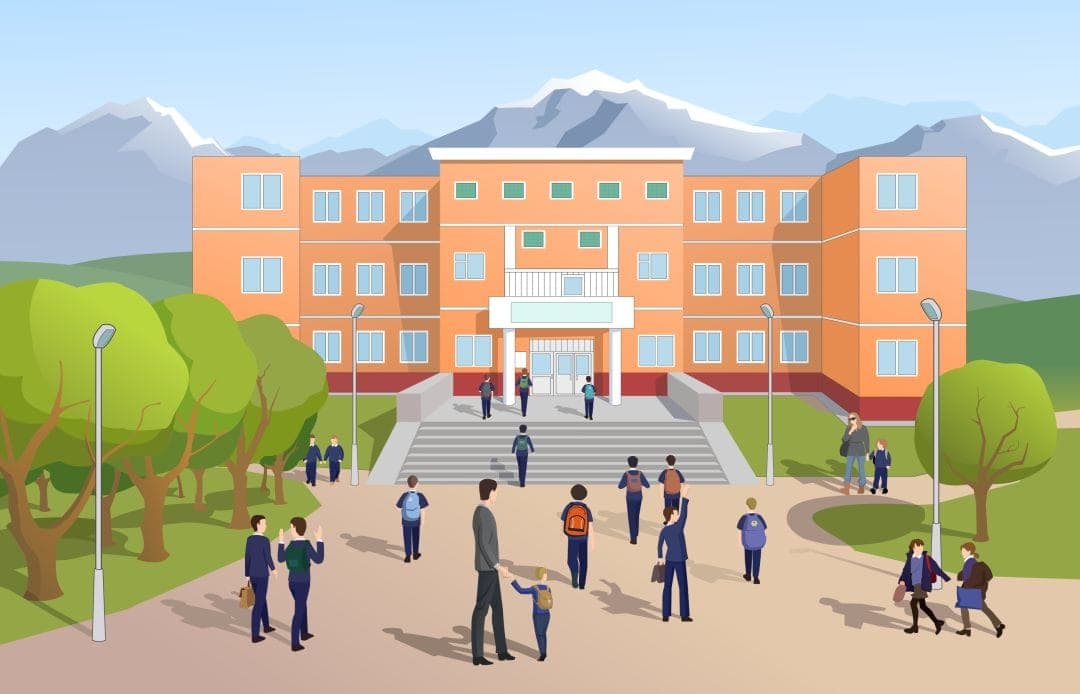back to HOME > Personal Development > How to learn > Do schools kill creativity
THE BLUE TREE
How to Learn

CEFR B2
Upper
Intermediate
warm up
- Did you like going to school?
- What are schools for?
- Do schools do a good job preparing young people for adult life?
part one
key language
watch the video
COMPREHENSION
- What are schools for according to Sir Ken Robinson?
- What don’t we know and why is it a problem for education?
- What does Sir Robinson think about creativity?
part two
key language
watch the video
COMPREHENSION
- What does the story of a little girl drawing God illustrate?
- Who does the educational system favour?
- Should schools put as much importance on dance as on languages?
part three
key language
watch the video
COMPREHENSION
- What does it mean intelligence is:
- diverse
- dynamic
- distinct?
- Retell the story of Gillian Lynne.
- What does her story illustrate?
- Why is it critical that school do a better job of preparing children for the future?


